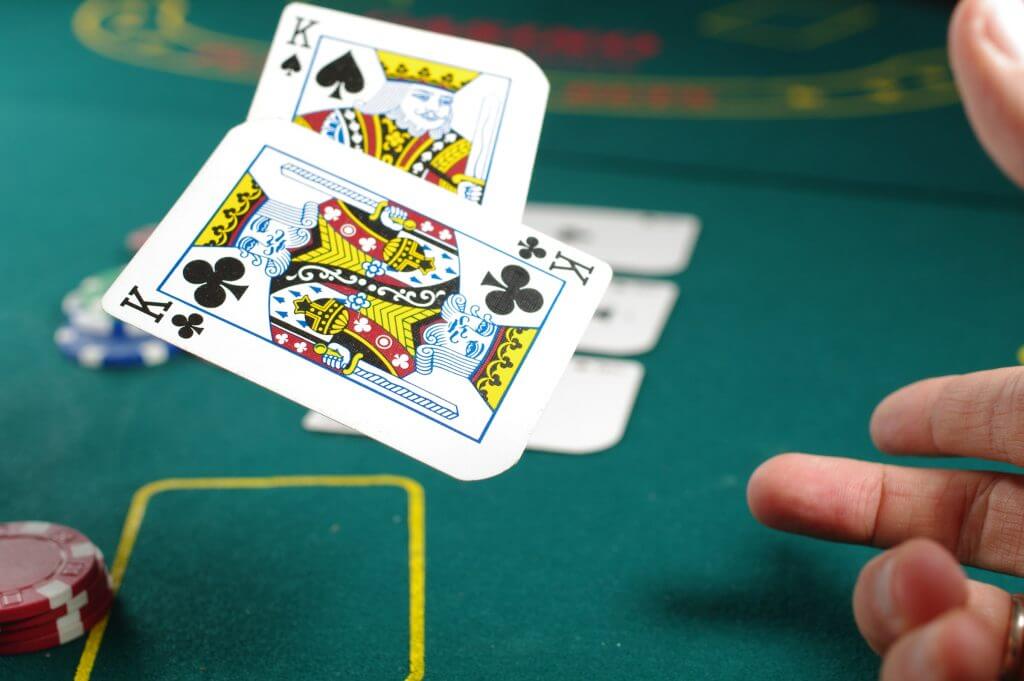
Gamble Responsibly — Is it Possible?
To gamble is often regarded as one of those vices that people can’t resist diving into. You either win big or lose big. When that turns into something impulsive, people tend to ask “can you gamble responsibly?”
Define gamble responsible
The definition of responsible gambling differs amongst some sectors of Australian society. Generally, it is classified as gambling in a controlled environment where the individual or individuals are able to play without harm to fellow players while exercising self-control over their finances.
Some observers, though, have expanded that definition to allowing entertainment and gaming venues to implement new responsibility programmes for both customers and staff. The programmes include educating players on signs of a gambling addiction and initiatives for players to restrict themselves from entering gambling venues.
Tips on responsible gambling
Many observers of the gaming scene have distilled advice for responsible gambling into a number of key points:
- Not gambling under distressful conditions. Some experts have advised to avoid playing if they are in poor condition, such as being drunk, depressed, upset, or angry. Those conditions, among others, already cloud a person’s judgement and may lead to more unruly situations on the floor.
- Limit expenses and time on the floor. You will be encouraged to put a cap on the amount of money you can afford to spend on gambling. As a rule of thumb, you cannot wager any money that’s already programmed for more pressing needs such as food, utilities, and the mortgage. Make the effort to set a time period for staying at the casino; you can take a brief lull to reevaluate your financial situation. If the time has lapsed, regardless of whether you won or lost, leave the area and go home.
- No gambling funds via credit. Avoid using loans or credit cards to take out money that might be spent on the casino. Not only do you face the spectre of losing heavily, you will invite mental stress on how you will pay off the debt.
- Accounting of expenses. Punters are often advised to list down how much money they have spent gambling over a period of time, through diaries, bet tracking systems, or finance accounting apps such as UBOMI.
- Game education. Gamblers on the floor should have at least basic education or experience on how the games they play works, especially high-stakes tables such as baccarat, blackjack, roulette, and craps. This can help them play with educated guesses and have a nominal chance of winning if played right.
- Avoid chasing losses. If you have lost a game, do not attempt to bet again thinking you might recoup the losses. You might lose more money than you originally planned to spend.
- Only gamble outside work hours. It takes a lot of willpower, but people may advise you to only gamble after your work is done for the day – but even then, your work performance should not suffer under the guise of waiting for the end of shift. Not reporting for work just to spend the day at a casino or in-hours activity such as making bets online may be a red flag for office management to impose disciplinary action.
This is even worse if the gambler has access to company funds that may be salted away; the Victorian Responsible Gaming Foundation, in particular, cited a 2008-2010 review of financial crime and fraud cases in Australia, which tagged employers as having lost over $77 million.
No responsible gamble label?
Noted gaming establishments or online service providers such as Tabcorp have long espoused the mantra of gaming responsibly. However, the current federal administration is moving to scrap that tagline.
Under proposed measures to take effect in April 2023, digital betting services including Ladbrokes, Sportsbet, Neds, and bet365 will be ordered to dispense with the “gamble responsibly” tagline. They will set up one of seven warning slogans on 15-second multimedia ads that pop up whenever punters make a bet, to underline the fallout that’s about to come if they lose the wager. The prompts, which are to be cycled over 12 months, will also include links to address problem gambling.
Here are the seven slogans created from the Department of Social Services’ private interviews with 30 veteran online gamblers:
- “Chances are you’re about to lose”
- “What are you prepared to lose today? Set a deposit limit”.
- “Imagine what you could be buying instead”
- “You win some. You lose more”
- “What are you really gambling with?”
- “What’s gambling really costing you?”
- “Think. Is this a bet you really want to place?”
The measures come on the heels of the administration’s plans to conduct parliament hearings on online gambling and its effects, with approval from the Commonwealth, and state and territorial authorities per the National Consumer Protection Framework.
Some reports claim the unveiling of the measures was timed with the “vibrant” betting activity for the 2022 Melbourne Cup. Start-up bookie Betr, for one, is already under heavy fire for offering 100-1 odds for maximum $10 bets on any Cup horse and also shutting down accounts allegedly to prevent users from claiming their winnings, including $1,000 to those who picked eventual winner Gold Trip.
Support services
Players who have had varying degrees in getting their gambling under control are highly encouraged to seek out these notable resources:
- Gambling Help Online. offers counselling services over live chat and email, self-help advice and other information on gambling.
- Commonwealth Financial Counselling. Delivered through community and local governments, CFC entails assigning advisors to persons undergoing financial stress to help them through their crisis. The counselling sessions may involve educating the subject on the root cause of their situation, negotiations with creditors over unpaid dues, and drafting a debt recovery plan.
- National Gambling Helpline / Gambler’s Help (1800 858 858). They offer free professional consultation 24 hours a day, seven days a week, with consultations available in multiple languages. Callers may not necessarily be the person with gambling problems; one could be simply seeking support for a friend or loved one in that crisis. The website component details issues related to gambling and control and recovery from addiction.
It is safe to make some wagers and have a fun time, but it also requires supreme effort to keep the finances under control.
If you liked our “Gambling Responsibly — Is it Possible?” and find it useful, check our blogs regularly for more information on how to get out of debt and get updates on apps to help finances in Australia.




